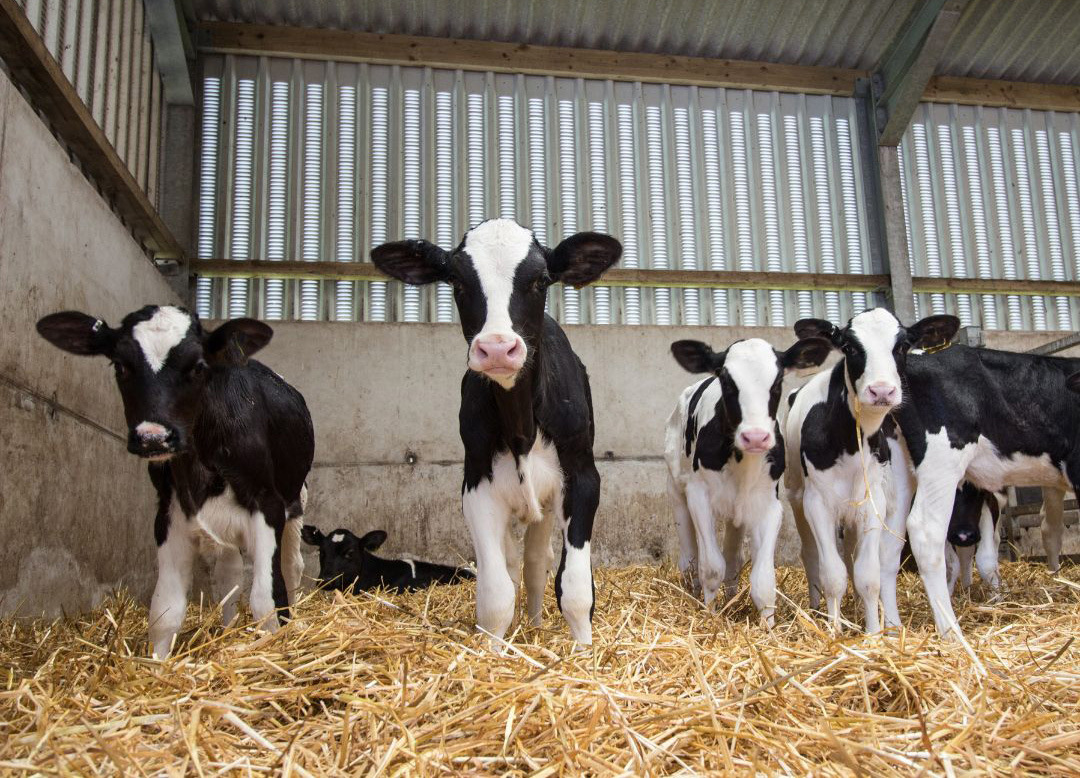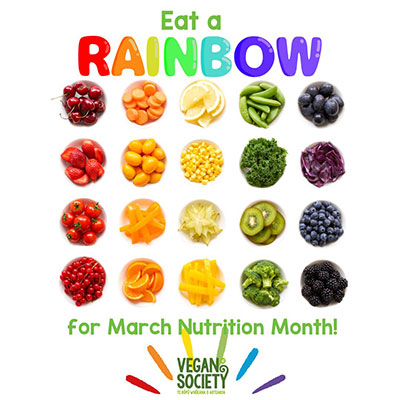No Good End for Bobby Calves
- 18 August 2023
- The Vegan Society
August is plant milk month and also calving season across much of Aotearoa. What does happen behind the scenes in NZ’s dairy industry? What happens to all the new calves?
The torture of being born into a world that does not really have a place for you is sad enough. The new policy – greenwashing on the part of Fonterra – means your torture continues, ending with a long uncomfortable journey.
All this for a product that is becoming increasingly unsustainable and not required. With more ingenious solutions to the problem of dairy being discovered all the time, this is a dying industry and an antiquated way of using up resources.
Fonterra’s new policy requires non-replacement calves to enter the food chain in some way (rather than being slaughtered and discarded) and it’s been causing havoc.
Although some meat processors have increased their capacity, there’s only so many they can handle and there is currently a waiting list for calves to get into the slaughterhouse.
Welfare laws mean these calves must be fed and looked after properly whilst they wait their turn to die.
They must be a minimum of 4 days old before transporting them is allowed and with delays of up to 5 days, dairy farmers are pushed to their limits to deal with them. This policy does not solve any problems or mean the industry is being more sustainable.
Milk prices continue to be fickle, though currently on a downturn. Due to the growing challenge of maintaining an increasingly antiquated system, many dairy farmers are considering other options, but report feeling trapped by debts and loans. With 5 generations of dairy farmers before them, it is hard to see alternatives.
More effort needs to be made to encourage and support farmers to diversify and transition to plant-based farming.
The world needs more high-quality plant produce and New Zealand is well placed to deliver exactly that. With its GE Free policy in place, many countries see this as a major advantage to other countries they could buy from.
The current land suitable for horticulture is underutilised in Aotearoa and new growers need to be encouraged to grow the right plants in the right places.
The restriction on growing hemp needs to be lifted. This valuable plant has over 2000 documented uses and grows well in most climates whilst rarely needing fertiliser or pesticides. It also has incredible powers of remediation and could be an ideal solution to Southland’s overly nitrated soils, and elsewhere where our soils have been poisoned.
Plant milks continue to be great value for the environment, for the consumer pocket and for the farmers growing the plants. There is no nutritional need for humans to be consuming dairy, it is a habit we all got into, driven by corporate advertising spin to monetize our addictive natures.
Literally cheese addiction is real, due to caseinate, an opioid found in dairy cheese, that is intended to keep baby calves feeding!
Plant-based cheeses are serving the same purpose. They can be eaten in sandwiches, on pizza, on a cheeseboard, with crackers – all the places you would use a dairy cheese and the varieties and quality are improving by the day!
The time has come for Aotearoa to become known as the best plant producing nation on the planet, with countries vying to buy all that can be produced. In an ever-polluting world, Aotearoa, in its isolation, is seen as being cleaner and greener than its competition.
That will be good for anyone growing prime produce and the best time to start is now. Growers need a nationwide database to help them choose the right production system for them as well as help and advice from local growers and growing groups.

Enjoyed reading this? We think you'll enjoy these articles:
What’s in a Trademark?
What’s in a Trademark? 29 March 2024 The Vegan Society As more companies start to become more aware of the ingredients in …
NZ Vegan Chocolate Awards 2024
2024 NZ Vegan Chocolate Awards 25th March 2024 The Vegan Society One of the most wonderful foods our planet has to offer …
March is Nutrition Month
March is Nutrition Month 1 March 2021 The Vegan Society March is the month where we celebrate and focus on the nutritional …




